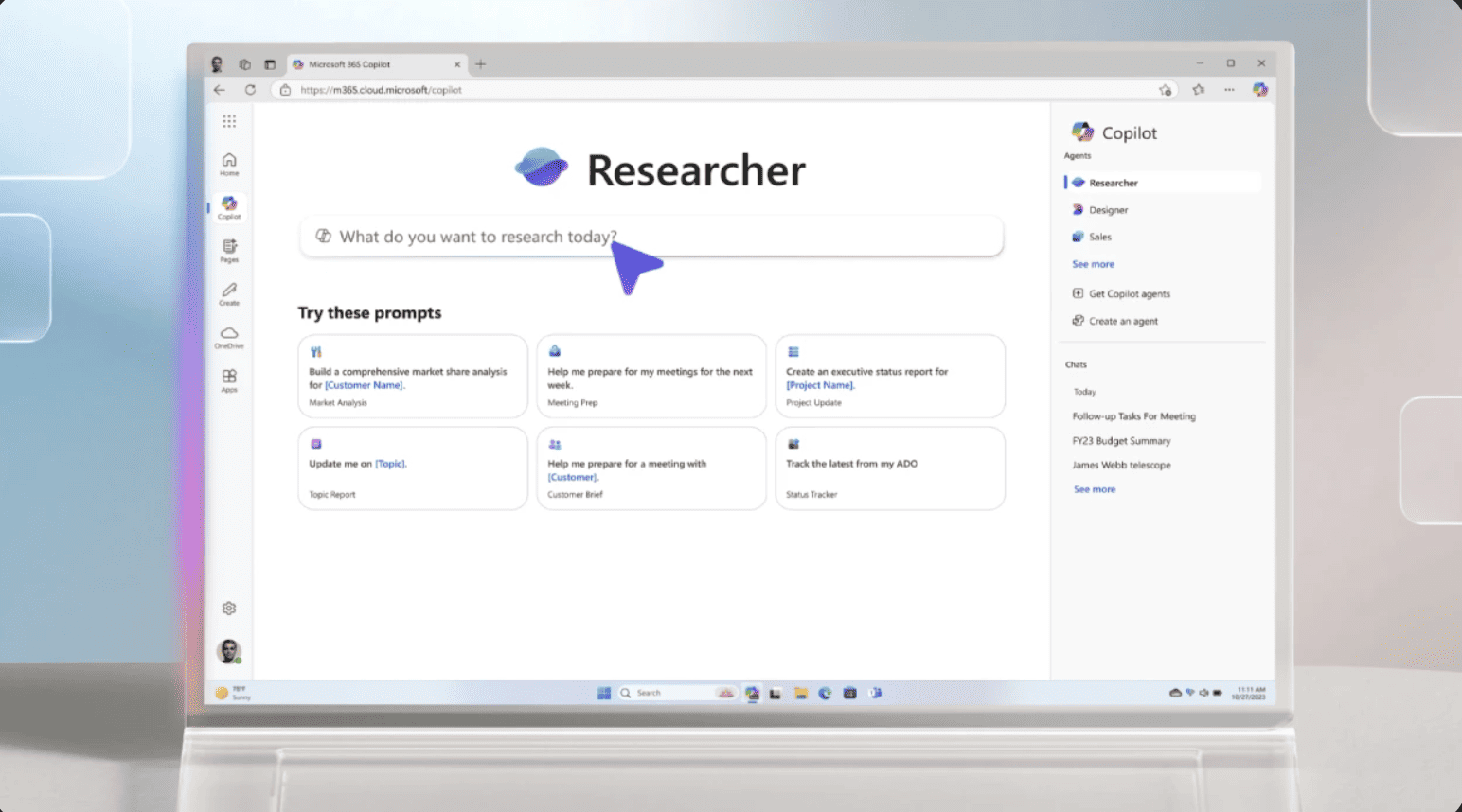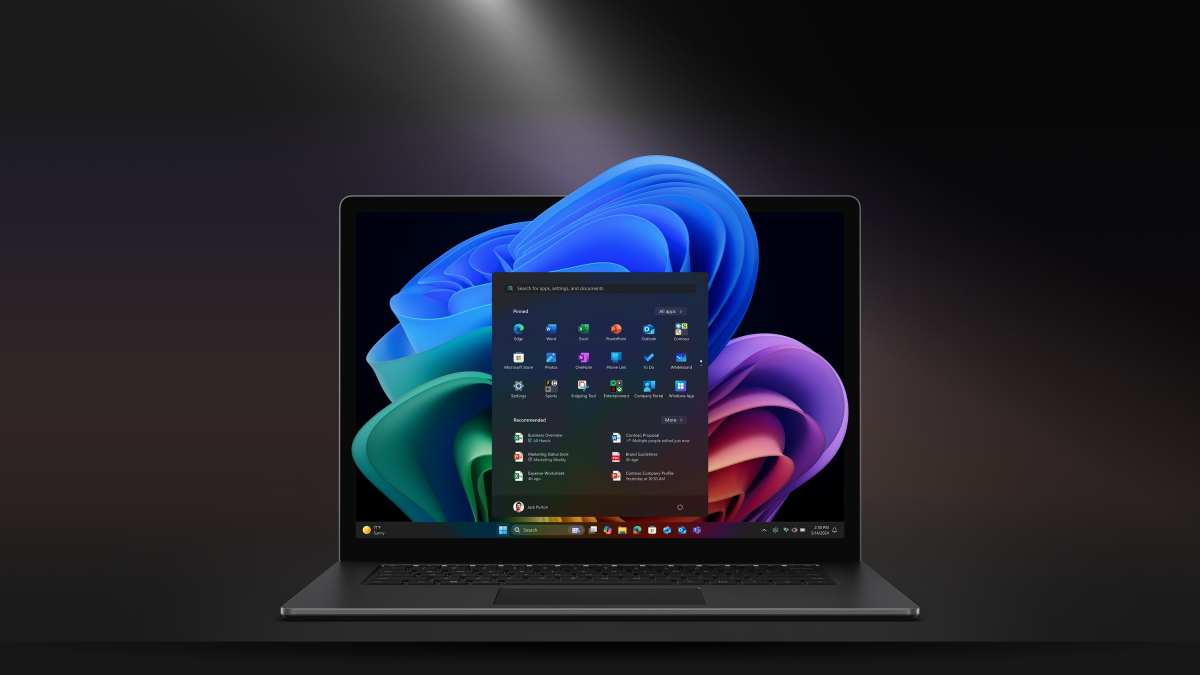Microsoft explains how disk cache compression improves Edge performance
2 min. read
Published on
Read our disclosure page to find out how can you help MSPoweruser sustain the editorial team Read more

After starting cache compression on Microsoft Edge 102 on Windows earlier this year, Microsoft stresses once again the action it implemented by underscoring how it efficiently works, saying it can improve browser performance while reducing disk footprint.
“Our goal on the Microsoft Edge team is to deliver the best performing browser possible on Windows and other platforms,” Microsoft writes in the blog post. “When a browser uses too many resources, it not only impacts the browsing experience but can also slow down the entire system. However, when it comes to performance optimizations, we often need to balance optimizing for the entire system, since optimizing for one resource can often come at a cost increasing the use of another resource.”
Disk caching is one important element for browsers to ensure fast-action performance, especially when users try to access specific files online more than once. The cache stores the resources from the web and saves them, so when the user needs to view them again, the browser can easily just pull them out of the computer’s local storage. However, Microsoft explains that it can have an unfavorable effect on machines with limited or low storage.
“… We need to carefully manage the size of the cache especially on devices with low disk space, since an unbounded cache can lead to the system running out of disk space,” it explains. “To prevent the browser cache from consuming all available disk space, browsers already moderate disk cache use based on available space. This issue becomes critical especially on systems with low disk space.”
Microsoft Edge aims to address this issue that limits the performance of the browsers. By applying disk cache compression on “highly compressible” contents, Edge can save disk space. Nonetheless, Microsoft notes that it will only happen on eligible devices “to ensure the compression will be beneficial without degrading performance.”









User forum
0 messages